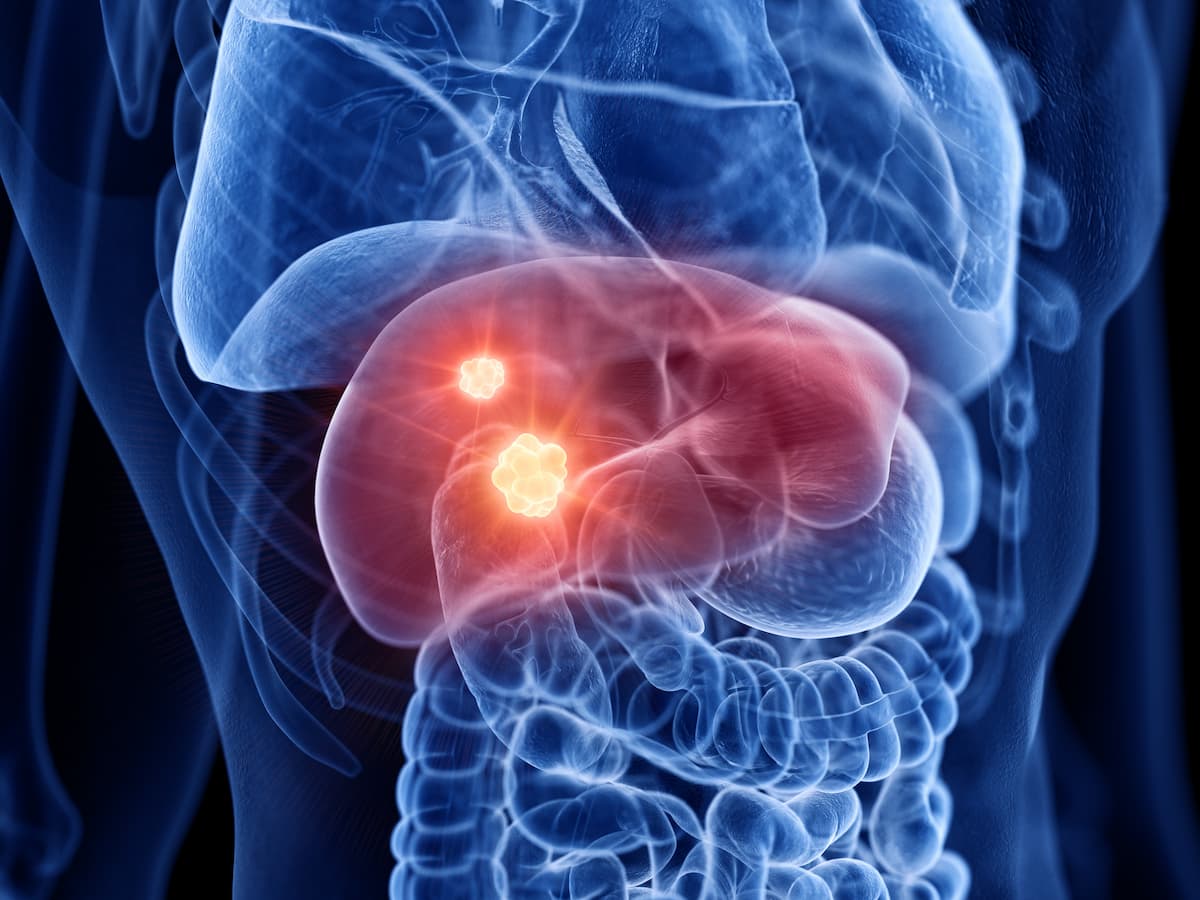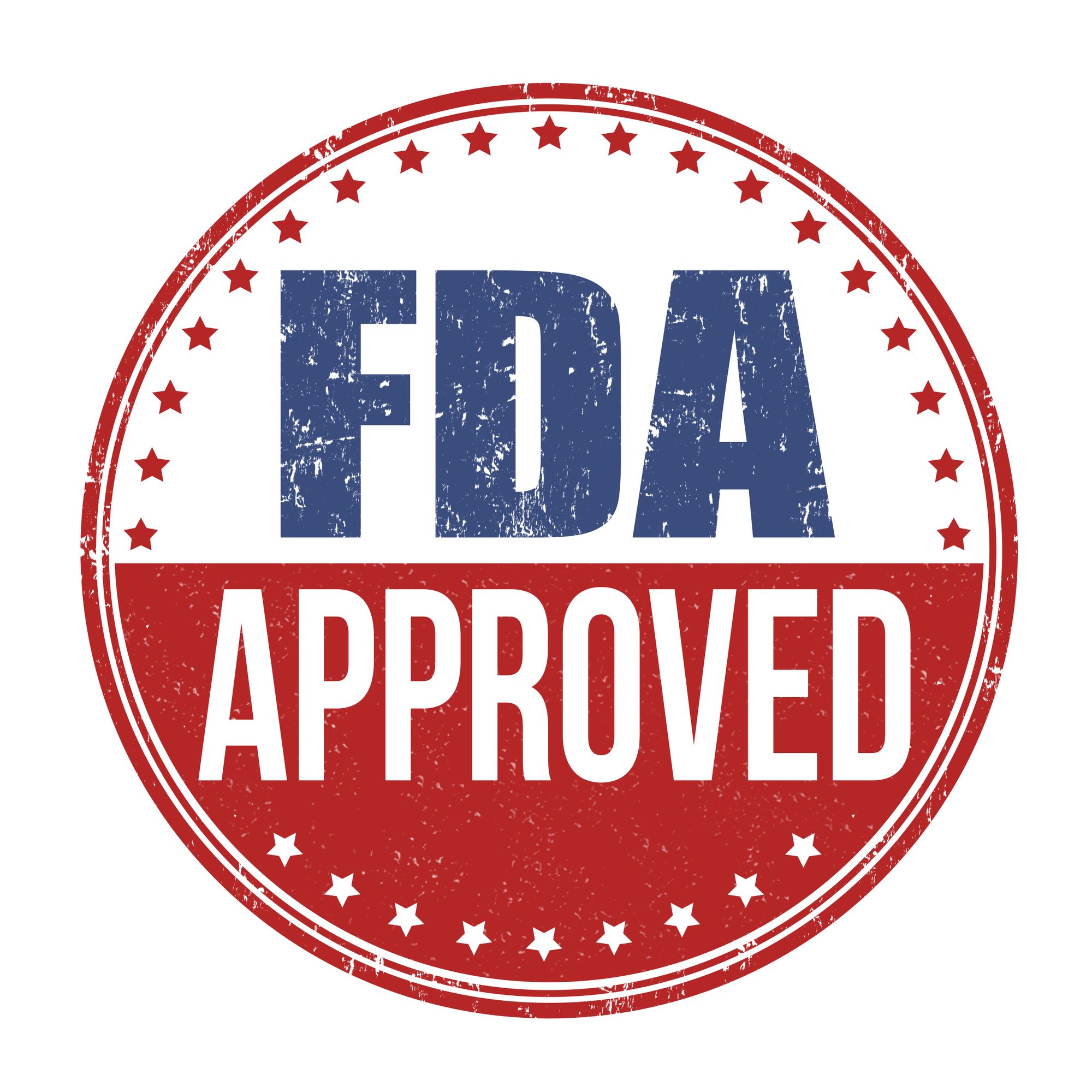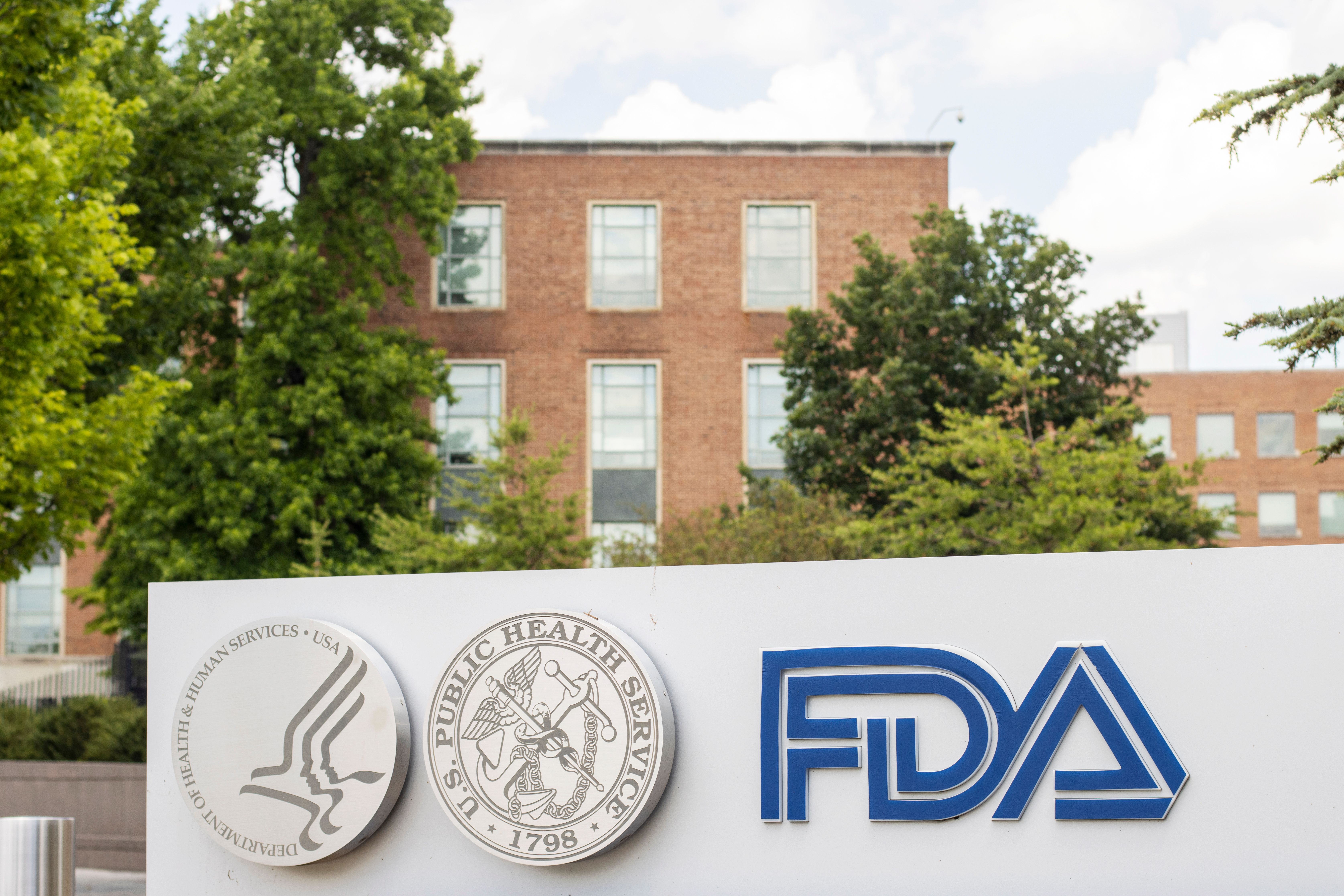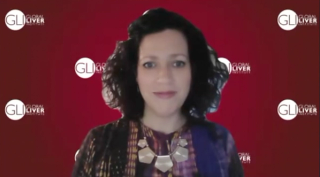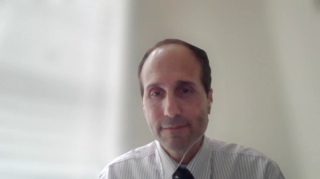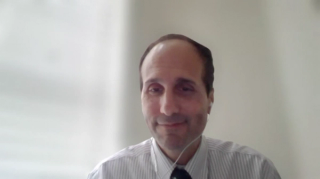
Liver Cancer
Latest News
Latest Videos

CME Content
More News
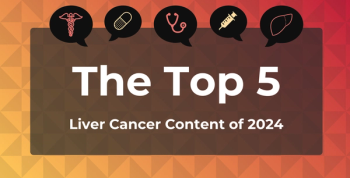
Advances in therapy are improving outcomes for patients, but the incidence and mortality rates for hepatocellular carcinoma are increasing in the US.

Tislelizumab's inclusion in the National Comprehensive Cancer Network (NCCN) guidelines for hepatocellular carcinoma (HCC) as a category 1 recommendation marks an advancement in the treatment landscape for HCC.
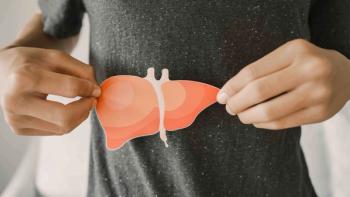
Patients with locally advanced hepatocellular carcinoma (HCC) who achieve a complete response after locoregional therapy and immunotherapy may be able to follow a watch-and-wait protocol.

Patients experienced similar safety and efficacy if they received first-line or later-line treatment for unresectable hepatocellular carcinoma (u-HCC).
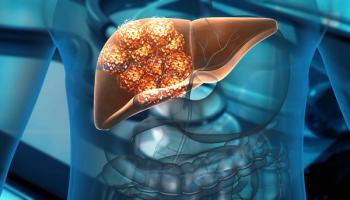
The FDA approved a phase 3 trial to assess amezalpat with the current standard of care in unresectable or metastatic hepatocellular carcinoma.

A new risk score model for hepatocellular carcinoma using standard clinical data can better identify individuals at risk better than the current standard risk models.

Artificial intelligence (AI) models have potential to help clinicians assess risk in patients with hepatocellular carcinoma (HCC) to inform disease management, a new study found.
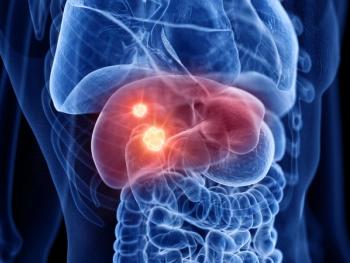
Although the amount of real-world evidence demonstrating the safety and efficacy of immune checkpoint inhibitors in advanced hepatocellular carcinoma (HCC) has been growing, data on liver function evolution as a prognostic factor for overall survival are lacking.

While there have been advances in screening technology, it is crucial to continue investing in emerging modalities and to ensure these advancements translate to clinical practice.
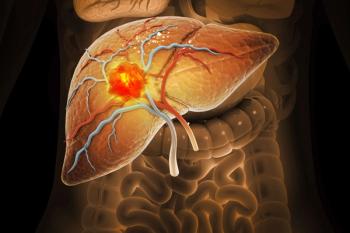
The addition of PD-1 inhibitors to first-line treatment with transarterial chemoembolization (TACE) plus lenvatinib for hepatocellular carcinoma (HCC).

Health care spending avoided by increased hepatitis C treatment could more than offset direct spending on increased treatment, according to a new report from the Congressional Budget Office (CBO).
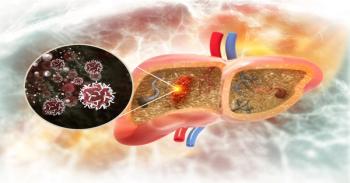
The albumin-bilirubin score is a reliable predictor of treatment response for hepatocellular carcinoma (HCC) after yttrium 90 transarterial radioembolization (TARE).

The global burden of liver cancer is rising, and public health efforts for prevention, vaccination, and treatment to address underlying etiologies are needed, according to research presented at ASCO 2024.

Amit Singal, MD, medical director of the Liver Tumor Program at UT Southwestern Medical Center, discussed the current outlook for patients with hepatocellular carcinoma (HCC) and how to choose between therapies.
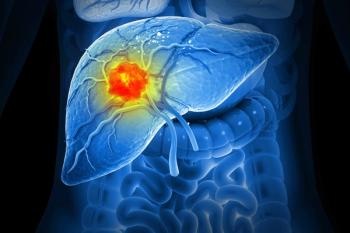
In the final overall survival analysis of the phase 3 CARES-310 trial, frontline camrelizumab plus rivoceranib continued to show clinically meaningful survival benefits vs sorafenib for hepatocellular carcinoma (HCC).

A recent study found that screening for hepatocellular carcinoma (HCC) is associated with reduced mortality, highlighting the need to promote HCC screening for patients with known risk factors.

A predictive model using plasma proteins as biomarkers predicted hepatocellular carcinoma development more accurately than a model based on traditional lifestyle risk factors in a recent study.

The findings suggest there are ongoing disparities between Black and White patients with hepatocellular carcinoma (HCC) in terms of both outcomes and health care resource utilization.
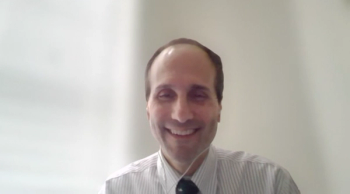
Michael Morse, MD, FACP, MHS, professor of medicine at Duke University School of Medicine and medical oncologist at Duke Cancer Center, discusses the etiologies of hepatocellular carcinoma (HCC) and how clinicians can tailor treatment for patients with varied levels of liver function.
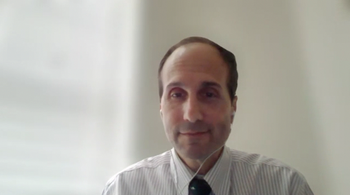
Michael Morse, MD, FACP, MHS, professor of medicine at Duke University School of Medicine and medical oncologist at Duke Cancer Center, spoke to the evolution of hepatocellular carcinoma (HCC) treatment in recent years, as well as ongoing research with potential to impact clinical practice.

Researchers developed a web server that can help predict therapeutic responses to combination lenvatinib and immune checkpoint inhibitors in patients with unresectable hepatocellular carcinoma (HCC).

Machine learning models have potential for early identification of patients with metabolic dysfunction-associated steatotic liver disease (MASLD) who are at risk of hepatocellular carcinoma.
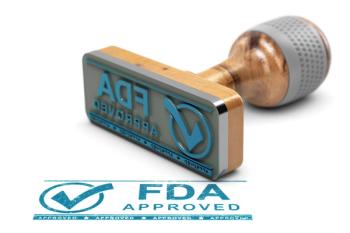
The first medication for the treatment of nonalcoholic steatohepatitis (NASH) and liver fibrosis received accelerated approval. Previously, the only treatment available to patients was implementing lifestyle changes aimed at weight reduction.

An analysis of nationwide data over 2 decades identified demographic-specific trends in liver cancer incidence and mortality in the US.

A novel model for gauging nutritional risk among patients with hepatocellular carcinoma (HCC) showed high accuracy and may provide a simpler, more targeted alternative to currently used nutritional risk models used for patients with cancer.

